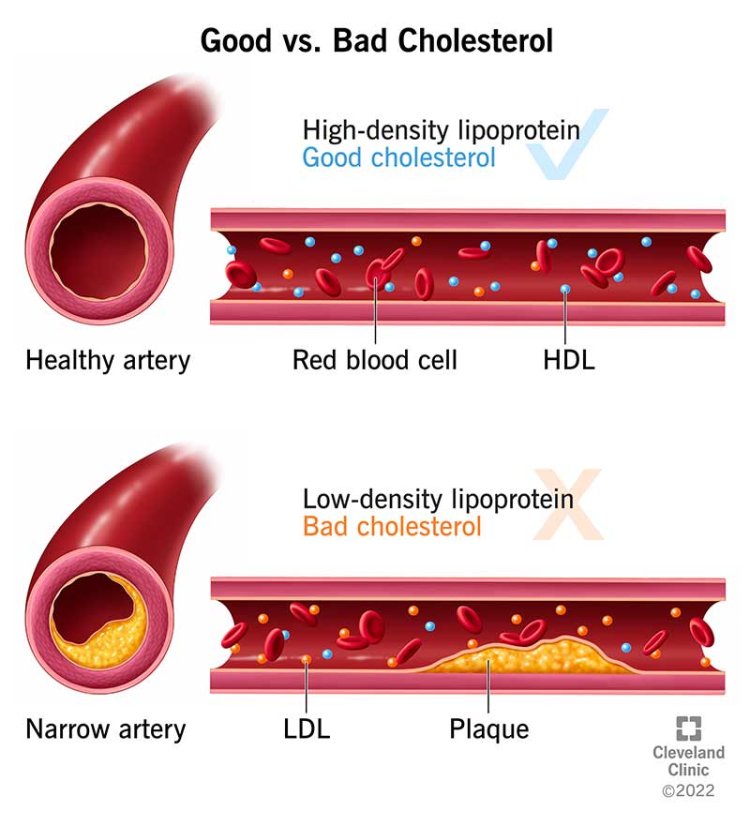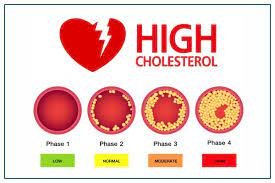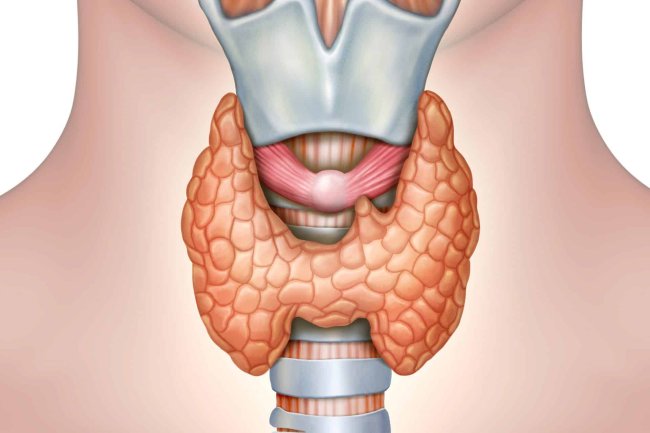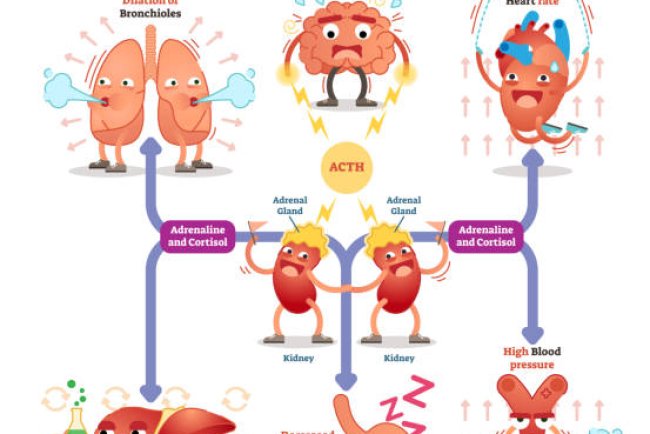There are several types of cholesterol, classified based on the type of lipoprotein they are carried in the blood. Lipoproteins are particles made of fat and protein that transport cholesterol through the bloodstream. The main types of cholesterol are:
-
Low-Density Lipoprotein (LDL) Cholesterol:
- Often referred to as "bad" cholesterol.
- Carries cholesterol from the liver to cells.
- High levels of LDL cholesterol can lead to the buildup of plaque in the arteries, increasing the risk of atherosclerosis (hardening and narrowing of the arteries) and cardiovascular diseases.
-
High-Density Lipoprotein (HDL) Cholesterol:
- Referred to as "good" cholesterol.
- Carries cholesterol away from the cells and back to the liver, where it is either broken down or passed out of the body as a waste product.
- Higher levels of HDL cholesterol are associated with a lower risk of cardiovascular diseases.
-
Very Low-Density Lipoprotein (VLDL) Cholesterol:
- Similar to LDL cholesterol but contains more triglycerides (a type of fat).
- VLDL is a precursor to LDL and is converted into LDL in the bloodstream.
-
Intermediate-Density Lipoprotein (IDL) Cholesterol:
- A transitional form between VLDL and LDL.
-
Triglycerides:
- While not a type of cholesterol, triglycerides are often measured alongside cholesterol levels in a lipid profile.
- Elevated triglyceride levels are associated with an increased risk of cardiovascular diseases.
It's important to note that managing cholesterol levels is a key aspect of cardiovascular health.
Elevated levels of LDL cholesterol and triglycerides, along with low levels of HDL cholesterol, can contribute to atherosclerosis and increase the risk of heart disease and stroke.
Lifestyle modifications, such as a healthy diet, regular exercise, and, in some cases, medication, can help maintain a healthy balance of cholesterol in the body.
Regular monitoring of cholesterol levels through blood tests is also essential for assessing cardiovascular risk.

















